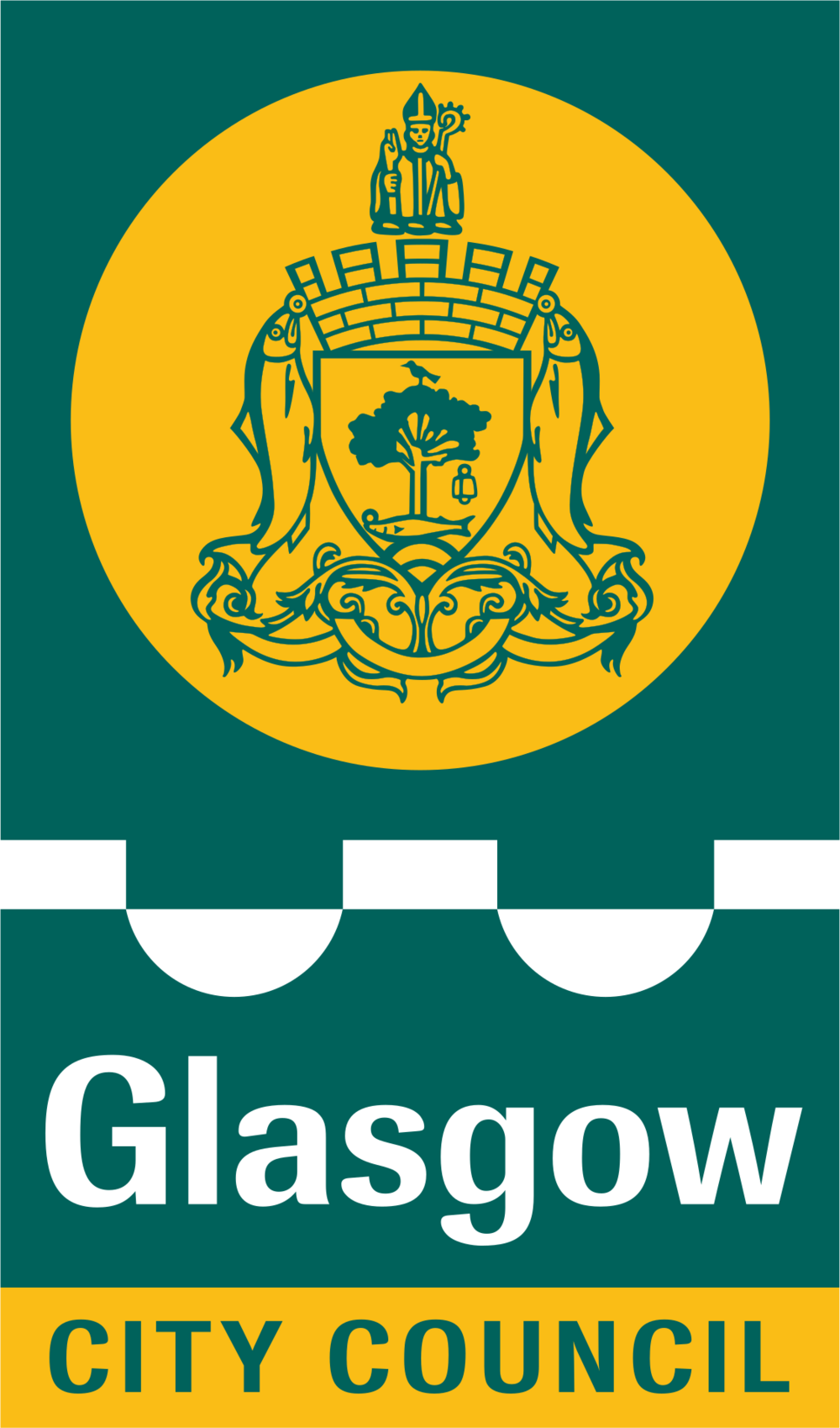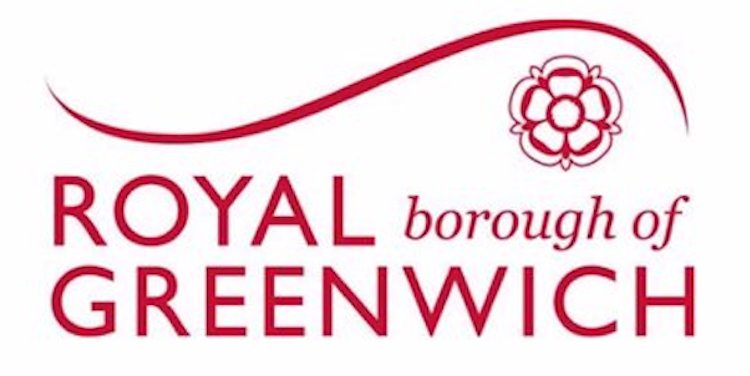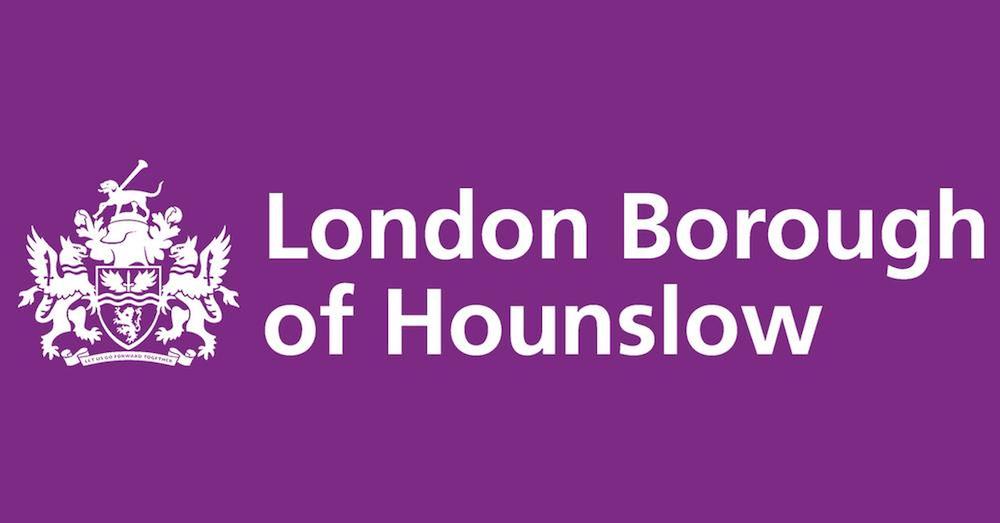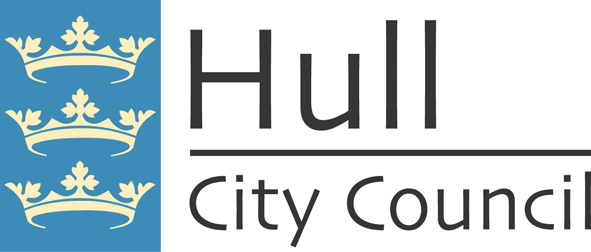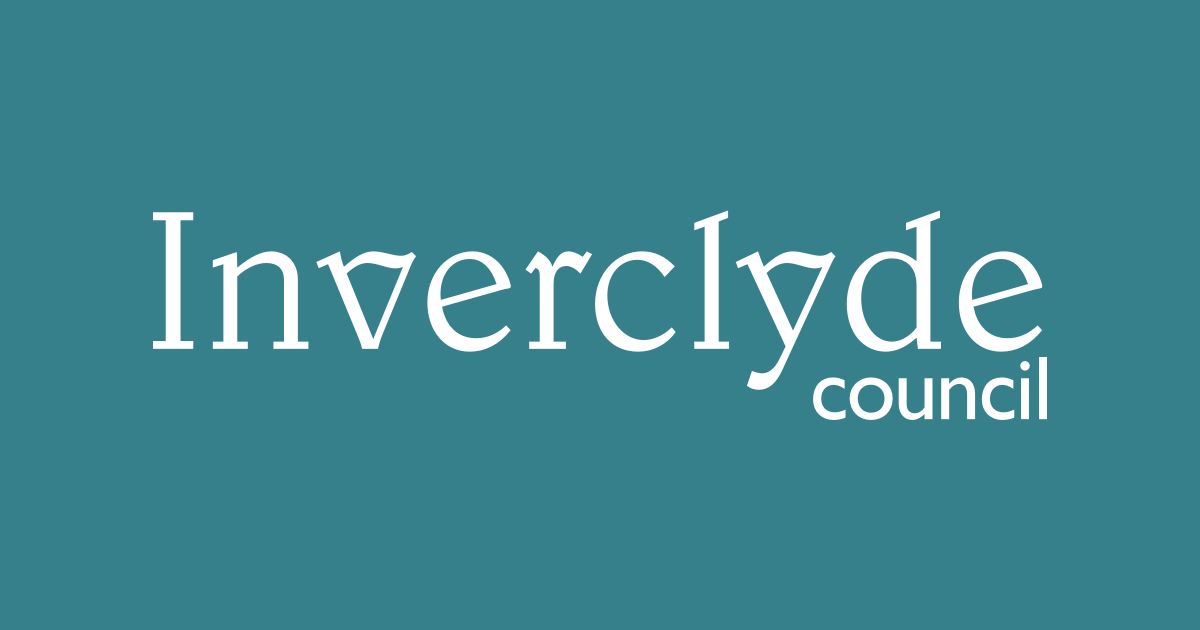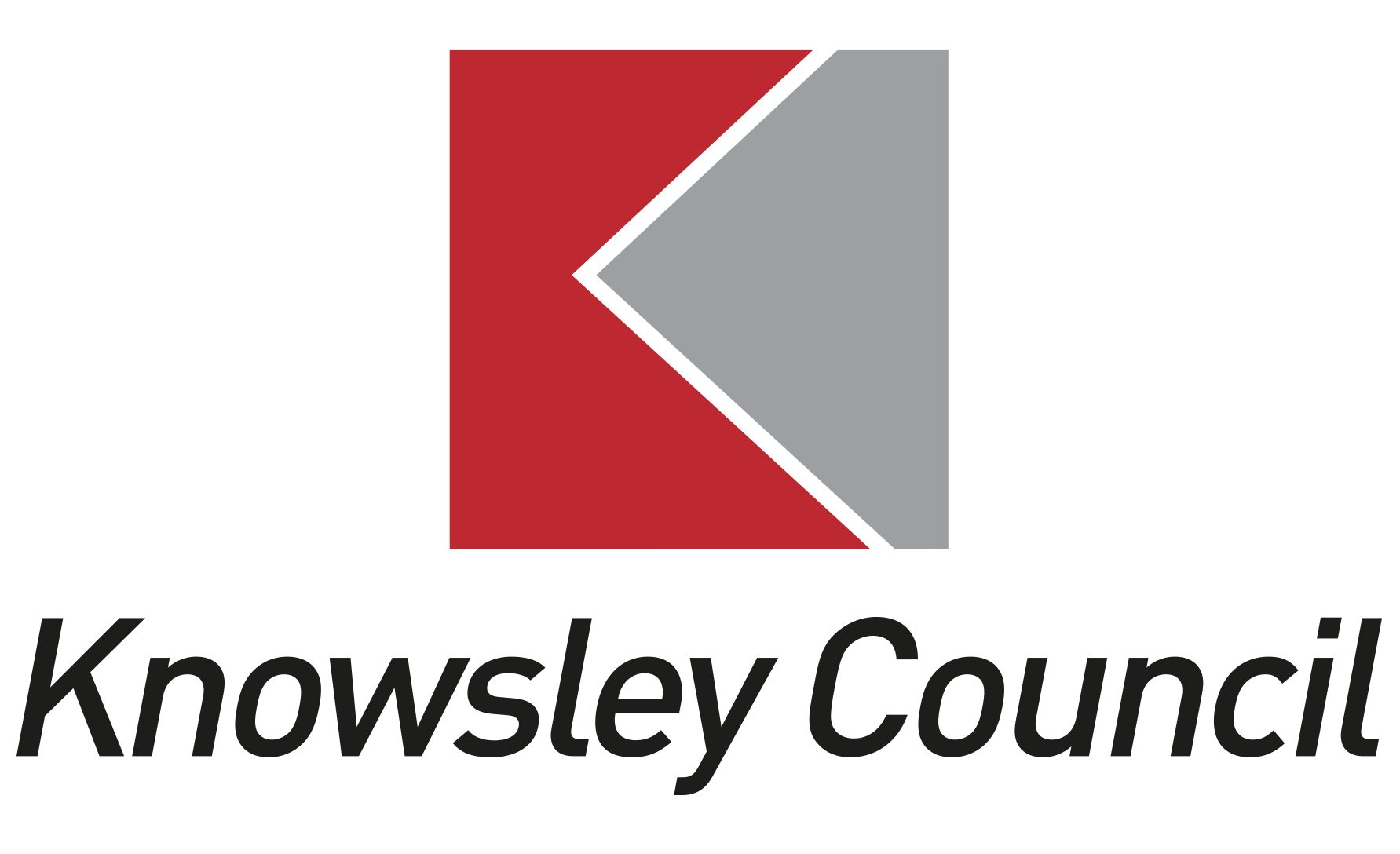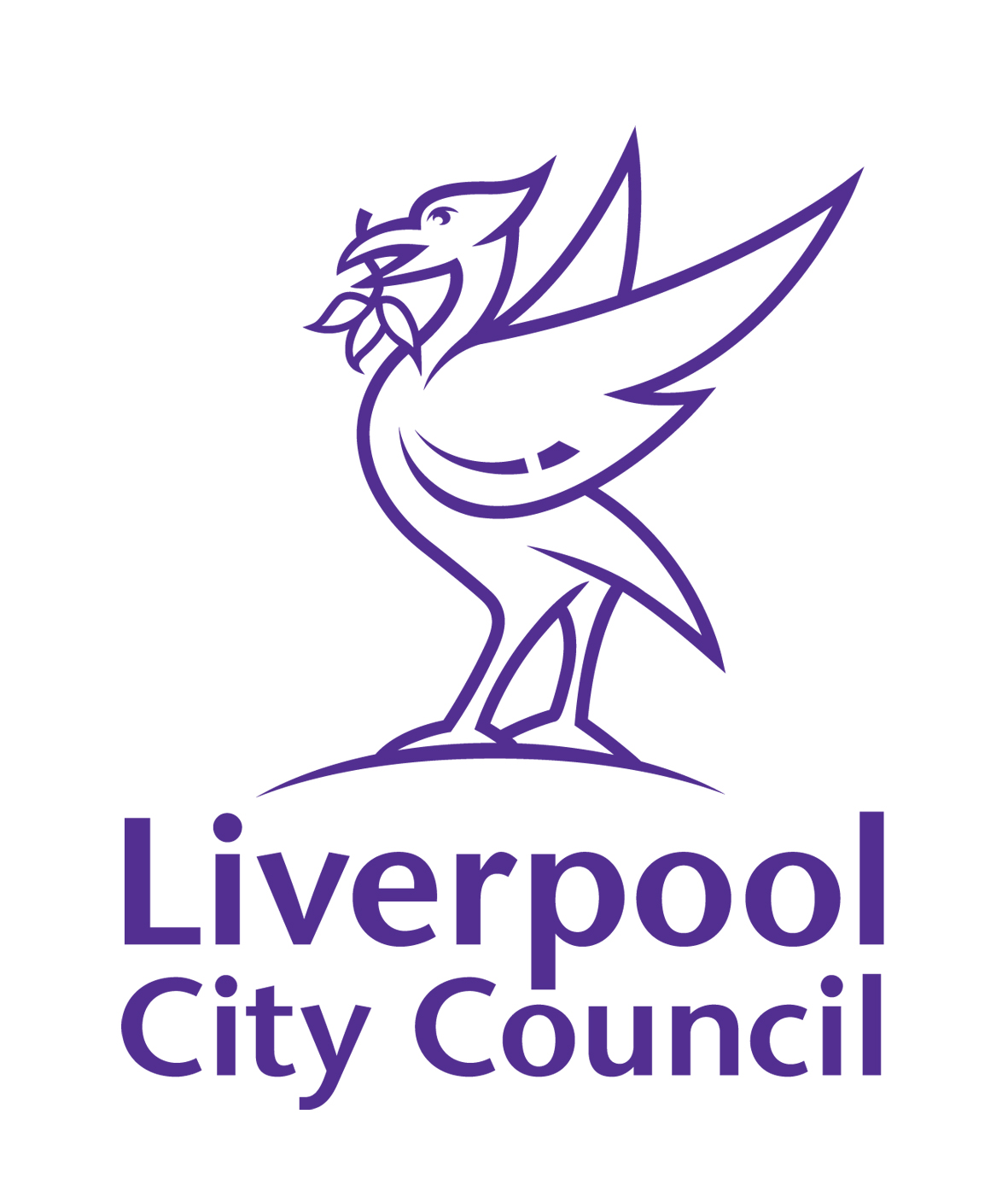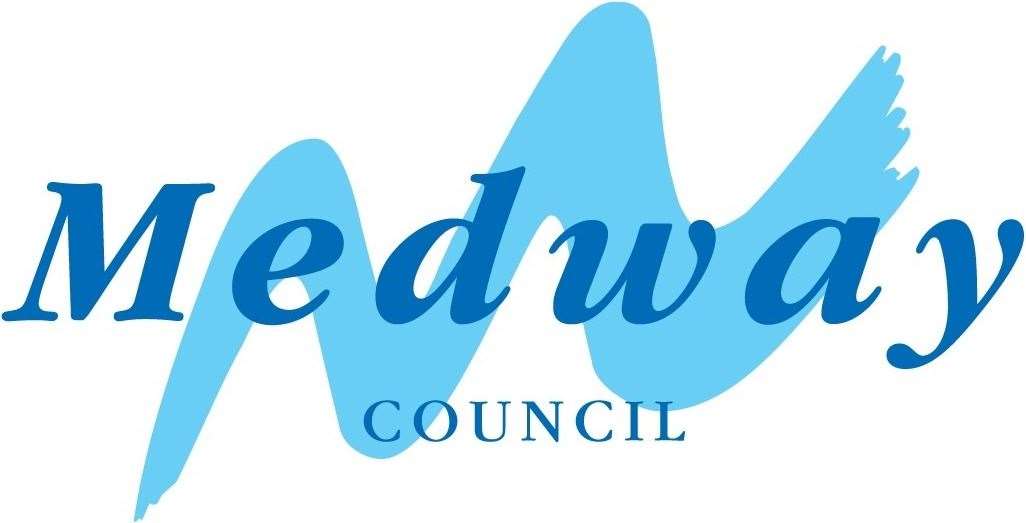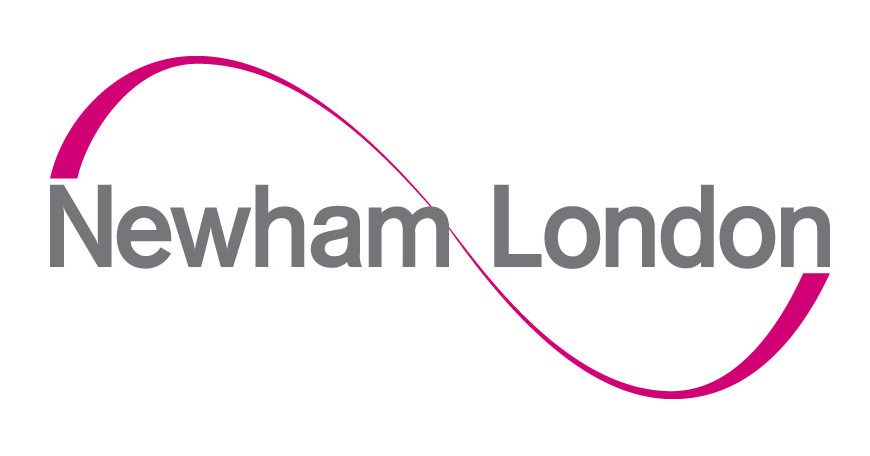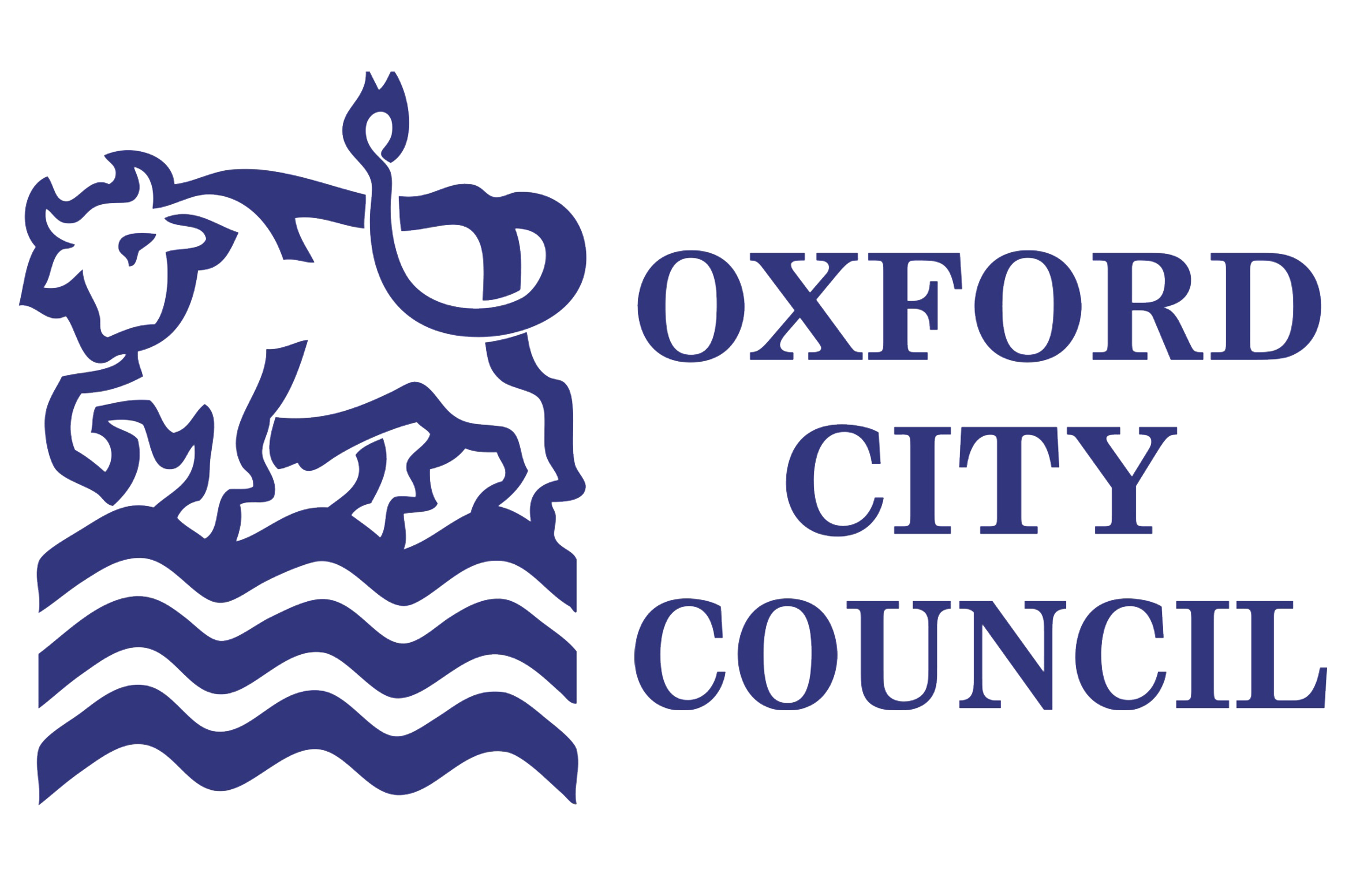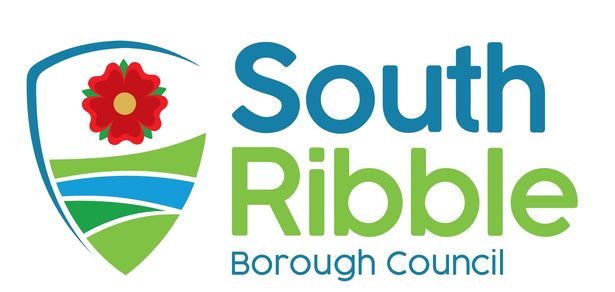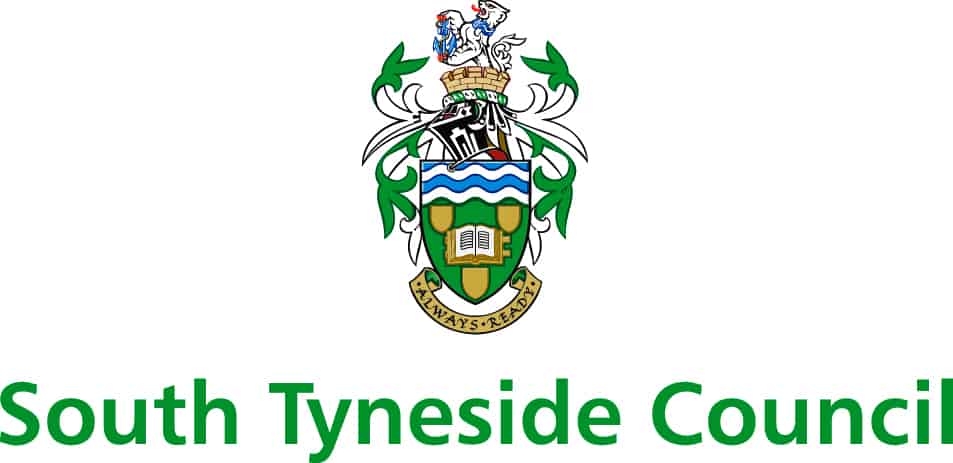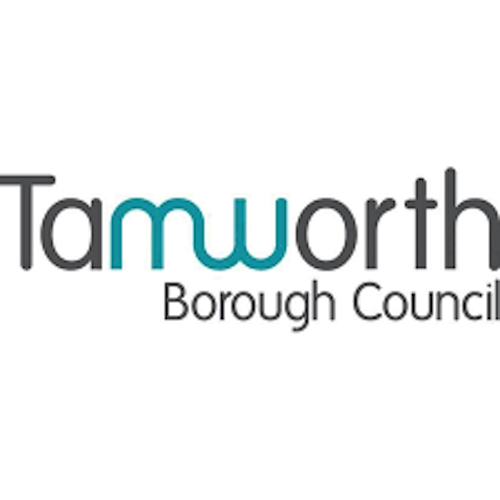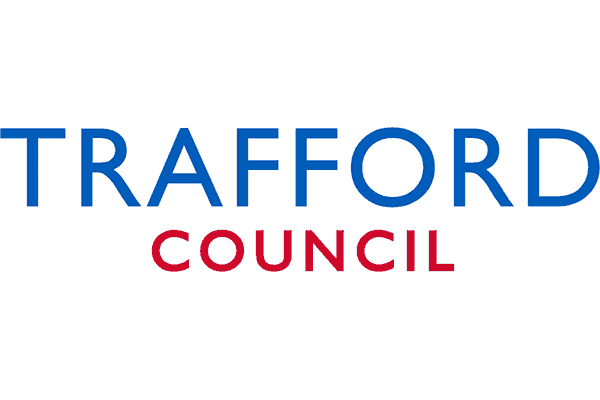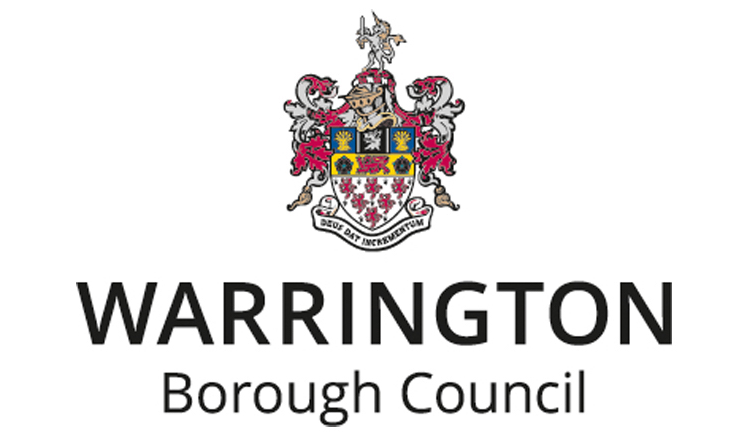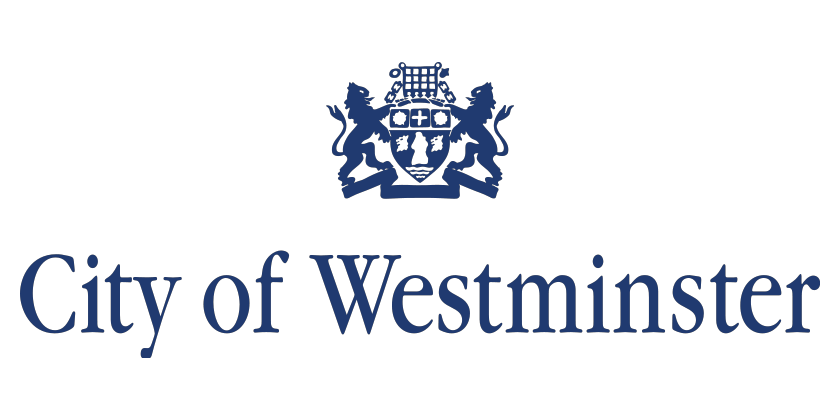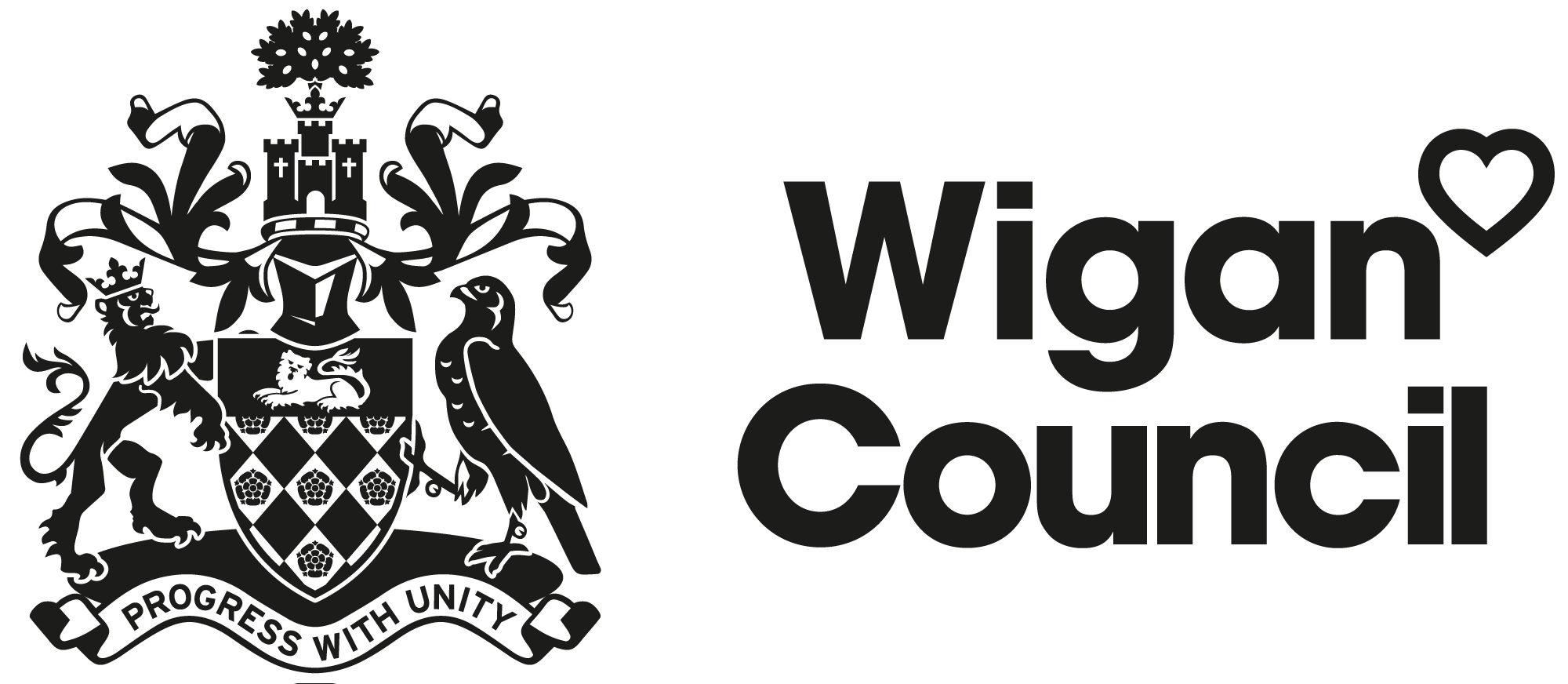1. About us
The Co-operative Councils’ Innovation Network (CCIN) is a collaboration between local authorities committed to transforming how they work with communities. It is a Special Interest Group of the Local Government Association. It has always been the purpose of the CCIN to share our developing good practice and to support one another in our cooperative aims and values. We welcome feedback on how we can improve and where something goes wrong. Your feedback will help us to put it right and improve our working practices.
1.1 We aim to:
- Strive to ensure our member councils uphold and strengthen cooperative values and principles.
- Build an equal partnership with local people based on the values and principles of the International Co-operative Alliance.
- Define a new model for local government built on the founding traditions of the cooperative movement: collective action, cooperation, empowerment and enterprise, with councils working in equal partnership with local people to shape and strengthen communities.
- Provide a national voice for cooperative councils, informed by real experience and practice, to draw on, influence and frame national policy and political debates about the future of public services, local democracy, and communities nationwide.
- Work together to learn, share and develop innovative new approaches to turning cooperative principles into local practice that makes a tangible difference across our communities.The Network is open to all UK councils and opposition groups, regardless of political affiliation, who can demonstrate innovation and a willingness to drive the cooperative council agenda forward. We also welcome affiliate members from professional bodies, policy groups and other associations.
2. Code of Conduct
2.1 Local government members and Associate members
Councillors serving on the CCIN’s member structures or otherwise undertaking CCIN business are required to operate in accordance with the councillor code of conduct of their home local authority.
Under the Localism Act 2012, Councils must adopt a code of conduct for Members that is consistent with the seven Nolan principles of Selflessness, Integrity, Objectivity, Accountability, Openness, Honesty and Leadership and put in place local arrangements for handling concerns that a Member of the Council has failed to comply with the code. All Members are subject to the code adopted by their local authority.
In the event that a CCIN member is under investigation for a serious offence either by the home standards committee, or the Standards Board in England or Commissioner for Local Administration in Wales and is temporarily suspended by his/her home authority, then that member will also be suspended from membership of the CCIN.
2.2 Affiliate Members
Affiliate member organisations serving on CCIN boards or otherwise undertaking CCIN business are required to operate in accordance with their organisation’s code of conduct.
3. Complaints Procedure
3.1 What can you complain to us about?
You can complain to us if we have not acted in accordance with;
- the values and principles of the CCIN as set out in the Values and Principles Statement;
- the Values and Principles Board Terms of Reference; and
- the Executive Oversight Committee Terms of Reference.
If your complaint relates to a Councillor serving on the CCIN, or otherwise undertaking CCIN business, then this should be referred to their home local authority and their complaints procedure followed. If this is not satisfactorily resolved, then you can refer your case to the Local Government Ombudsman.You cannot use this procedure to complain about individual council decisions or requests for access to information made under data protection or freedom of information legislation.
If your complaint relates to an individual from an affiliate member organisation serving on CCIN boards or otherwise undertaking CCIN business, then their organisational complaints procedure should be followed.
If you have a complaint about the working practices of the CCIN please see how to make a complaint in 3.2 below.
3.2 How do I make a complaint?
The CCIN seeks to resolve concerns through collaboration and conciliation. If you have a complaint about the working practices of the CCIN you should:
- Submit your complaint by letter or email to the Chair of the Values and Principles Board (or in their absence a Vice Chair). The contact details are listed in section 4 at the end of this document.
- In order to help us to investigate and resolve any area of dissatisfaction, you should notify us of your concern within three months of its occurrence.
- Once you have raised an issue of concern, the Chair of the Values and Principles Board (or in their absence the Vice Chair) will acknowledge receipt within 10 working days.
- If there is a case to answer the Chair of the Values and Principles Board will work collaboratively with all parties to resolve the matter and fully inform you of the actions being taken within 20 working days (for example through peer support to develop improved working practices).
3.3 What can you do if you think our decision is wrong or unfair?
If you do not feel that your concerns have been satisfactorily addressed after this period of time, then you may refer your case to the Chair of the Executive and Oversight Committee, who will make the final decision.
Once you have followed the stages set out above and the decision is final, there will be no further internal review of the same matter. We will only respond to you further if you raise new issues that we consider significant.
4. Contacts
The contacts details can be found below.
Adopted – 13 July 2020
Updated – 2 March 2022
Updated – 4 April 2023
Cllr Sarah Doyle Chair of Values & Principles Board

Cabinet Member for Strategic Development and Housing
Assistant Mayor for Ending Violence Against Women and Girls
Liverpool City Council
Cllr Gavin Callaghan - Vice Chair Values & Principles Board

Gavin Callaghan
Managing Director
Beartas
Cllr Mike Stubbs - Vice Chair Values & Principles Board

Leader of the Labour & Cooperative Group
Newcastle-U-Lyme
Cllr Joyce Welsh - Vice Chair Values & Principles Board

Councillor
South Tyneside Council
Cllr Louise Gittins - Chair of CCIN and Executive Oversight Committee

Leader
Cheshire West and Chester Council









